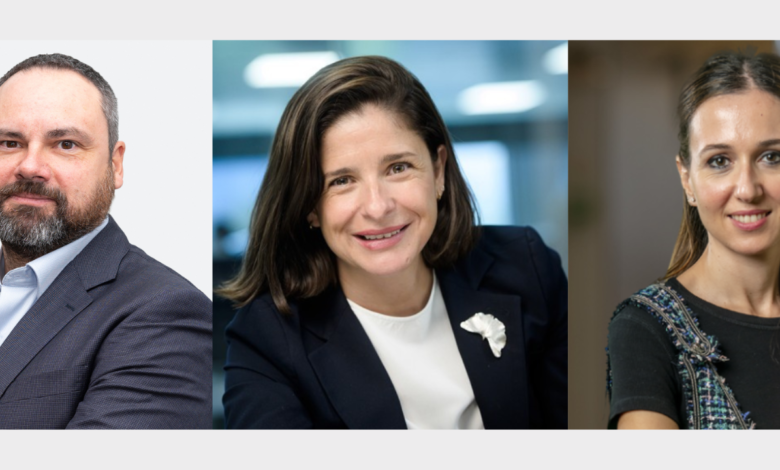Europe sets the course: new Artificial Intelligence Law

Iberian Lawyer talks to experts about the world’s first comprehensive AI regulation and its impact on technological development and citizen protection
Experts: Raul Rubio Pérez, Pérez-Llorca IP and technology partner, Paloma Arribas, partner and head of the Data Protection department at Baylos and Leticia López, partner and head of Uría Menéndez’s data protection and e-commerce practice.
by julia gil
Europe sets the course. The Plenary of the European Parliament approved on March 13, 2024 (link to the news) the Intelligence Act (AI Act), proposed on April 21, 2021 by the European Commission, with the aim of introducing a single regulatory and legal framework for all member countries. A historic milestone for the European Union, as it is the first comprehensive law on AI in the world. Aiming to protect fundamental rights, democracy, the rule of law and environmental sustainability in the face of high-risk AI, it seeks to simultaneously drive innovation and make Europe a leader in the sector. But will this end be achieved or will Europe end up losing ground in terms of technological competitiveness?
EUROPE IS LEADING THE WAY IN REGULATION
“I think it’s a combination of factors,” replies Pérez-Llorca IP and technology partner Raul Rubio Pérez, when asked why Europe tends to be a pioneer in the regulation of emerging technologies. From his point of view, European legislators have a strong commitment to human rights and privacy, although “more oriented towards protecting citizens from potential abuses by private companies and not so much by governments and public administrations themselves,” Rubio explains. An example of this is the use of real-time biometric surveillance in public spaces for police and security purposes only. The strong commitment, already mentioned, combined with the desire to adopt a position of regulatory leadership in the face of the evident delay in the field of innovation and business development of AI, is what has led, according to the partner of Pérez-Llorca, to implement this new regulation.
This is not the first time that Europe has set the course in terms of legislation. The so-called “Brussels effect” allowed regulations such as the General Data Protection Regulation to become an international standard, something that, according to Rubio, is not so clear that it can be replicated again in the case of artificial intelligence.
One might come to think, Europe is more focused on limiting big U.S. and Asian techs than favoring the development of its own AI. “I don’t think so ─ admits Paloma Arribas, partner and head of the Data Protection department at Baylos ─ U.S. and Asian technologies will continue to make progress in the development of their systems that they can market in the rest of the world, currently with few or no restrictions”. For Arribas, the dual objective pursued by this regulation is to protect citizens from potential risks while establishing a framework that encourages companies to develop and implement AI systems. Proof of this are the “sandboxes”, those playgrounds where AI systems can be developed, trained, tested and validated under the supervision of the competent national authorities. “If participants comply with the guidelines of these authorities, they will be exempt from administrative sanctions for legal violations related to the system supervised in the sandbox”, explains the Baylos partner.
REGULATION IN OTHER COUNTRIES



